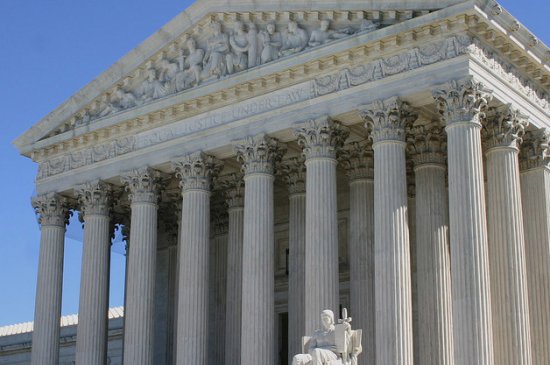
How the ACA Could Impact Bankruptcy Filings
Northeastern University Law School professor Daniel Austin examined medical debt as a cause of bankruptcy, comparing national averages to those in Massachusetts where health insurance has been mandatory for a decade. Austin found that Massachusetts bankruptcy filers had nearly one-third the medical debt, on average, of those in other states. His investigation also found that the top cause of bankruptcy in Massachusetts is a loss of income, rather than medical debt as it may be in other states.
Medical Debt as a Cause of Bankruptcy
A study commissioned by Senator Elizabeth Warren cited medical debt as a cause of bankruptcy in 62% of filings. However, Austin stated in his paper that the number is closer to 25%. No doubt differing study methodologies and criteria are responsible for the disconnect. Either way, his research on Massachusetts filings was fascinating. His research, based on examining more than 5,000 bankruptcy cases and surveys of attorneys and bankruptcy filers, showed that less than 10% of bankruptcy filings in the state are driven by medical debt. That's impressive.
Cases When the ACA May Not Help Medical Debt
Those that participate in the Affordable Care Act and have purchased coverage through an exchange when they did not have insurance before should have less medical debt accumulate. A lack of insurance can lead to disastrous health and financial consequences. Those without coverage often go without proper medical care which can increase days lost from work, decrease income and result in prolonged unemployment. And when medical care is sought but the bills can't be paid, debt will accumulate. Thanks to the ACA, many lower and middle income families have been able to afford insurance for the first time with the help of the very federal tax credits the Supreme Court just green lit. But what's troublesome is that individuals and families in states who did not expand Medicaid coverage as part of ACA implementation fall in a gap between earning too much to qualify for Medicaid yet too little to qualify for an ACA subsidy. These people will likely still be plagued by medical debt.
Dealing with Older Medical Bills from Prior to ACA
If you recently obtained insurance coverage but have medical bills sitting unpaid from prior, it can be burdensome. In North Carolina, the statute of limitations on medical bills is three years in most cases. That's not three years from the date of treatment but three years from the last time you made a payment on the debt. If you never made a payment, it's three years from treatment.
If you make a partial payment at some point, the three-year clock will start ticking from that point. In addition, if you received medical services from a public hospital or public ambulance service, the statute may stretch to 10 years. The statute of limitations is important because that's how long the creditor has to try and collect by suing you in court.
If you have a pile of medical bills you can't afford to pay, the first question is when the statute of limitations expires. If it's soon, you can likely just wait it out. However, if the bills are more recent, you are being hassled by debt collectors, and your medical bills are making your finances impossible, Chapter 7 bankruptcy may be a better solution. Chapter 7 wipes out medical bills and other unsecured debt and can give you a clean financial slate and a brighter future.
Please read the original post on our affiliate site, BillsBills.com
